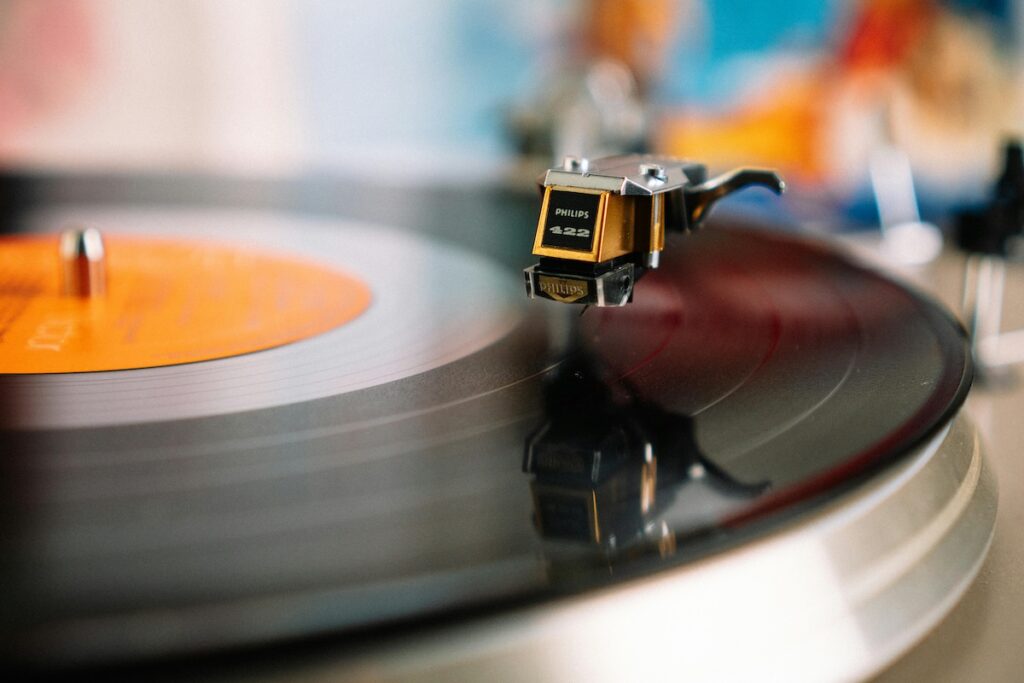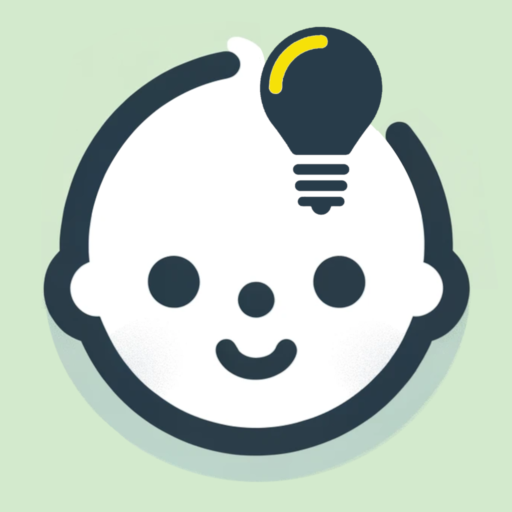Music has a profound impact on our lives, influencing our moods, emotions, and even our physical well-being. But did you know that the benefits of music extend to unborn babies as well? Playing music for your baby while still in the womb can foster prenatal bonding, stimulate brain development, and promote a sense of calm for both mother and baby. Let’s explore the wonders of prenatal music stimulation and how it can positively impact your baby’s development.

What is Prenatal Music Stimulation?
Prenatal music stimulation involves exposing your unborn baby to music while they are still in the womb. This can be done by playing music through speakers in your home, singing lullabies, or even playing an instrument yourself. Scientific research is increasingly showing that this practice benefits both mother and baby, contributing to a happy and healthy prenatal experience.
The Womb: A World of Sound
The womb, though relatively quiet, is not a silent environment. It registers around 50 to 60 decibels (dB), similar to the volume of a normal conversation. The fetus begins to develop ears in the third week of gestation, but these ears don’t become functional until around the 16th week. By the 24th week, ultrasounds reveal that the fetus can actively listen and respond to sounds. This ability to hear and process sound lays the groundwork for early auditory development.
Benefits of Listening to Music During Pregnancy
Reducing Stress: High stress levels in expectant mothers can negatively affect fetal development. Music has a soothing effect, reducing stress and anxiety for both the mother and the unborn baby. This calming influence contributes to a healthier pregnancy and can lead to a happier baby after birth. Whether you prefer Beethoven or simple lullabies, any kind of music that you enjoy can have these beneficial effects.
Prenatal Bonding: Music is an excellent tool for prenatal bonding. When you listen to or sing relaxing songs, calming chemicals are released in your body and passed through the placenta to your baby. This shared experience fosters a strong bond between mother and child, even before birth.
Early Brain Development: Listening to music encourages early brain development in the fetus. Music stimulates neural connections in the brain, aiding the growth of brain structures. Studies suggest that babies can remember music they were exposed to in the womb for up to four months after birth. This early auditory stimulation is a great way to support your baby’s cognitive development.

How to Play Music for Your Baby in the Womb
To safely and effectively introduce music to your unborn baby, follow these guidelines:
Moderate Volume: Play music at a modest volume, similar to a normal conversation, which is around 60 dB. Avoid placing earbuds or headphones directly on your belly, as the sound can amplify through the amniotic fluid and reach potentially harmful levels for your baby’s delicate ears.
Sing and Hum: Your voice is incredibly soothing to your baby and plays a significant role in developing a bond before birth. Singing lullabies or humming melodies can be more effective than playing recorded music. This also helps your baby get familiar with your voice, providing comfort and security.
Don’t Overdo It: While music is beneficial, it’s important not to overdo it. There’s no need to play music constantly throughout your pregnancy. Use music for your enjoyment and relaxation, not solely for developmental purposes. Excessive exposure to loud noises, above 115 dB, can damage your baby’s hearing, so it’s best to avoid loud events like rock concerts during the second trimester onwards.
What to Expect
During the second trimester, around 23 weeks, your baby will begin to hear the music you’re listening to. This auditory experience contributes to the development of hearing and memory. While there is no conclusive evidence that music will make your baby smarter, it does play a role in developing neural pathways that support auditory and cognitive functions.
Studies have shown that babies who were exposed to music in the womb can recognize familiar melodies after birth. This recognition, however, is more about familiarity and comfort rather than an indicator of advanced intelligence. The exposure to a variety of sounds, including music, helps in developing your baby’s memory and emotional responses.

Playing music for your baby in the womb offers numerous benefits, from reducing stress and fostering prenatal bonding to stimulating early brain development. By incorporating music into your daily routine, you create a soothing and enriching environment for your unborn baby. Remember to keep the volume moderate, sing often, and enjoy the process of sharing these special moments with your baby. While music may not make your baby smarter, it certainly enhances their early development and helps build a strong foundation for their future growth.

Leave a Reply